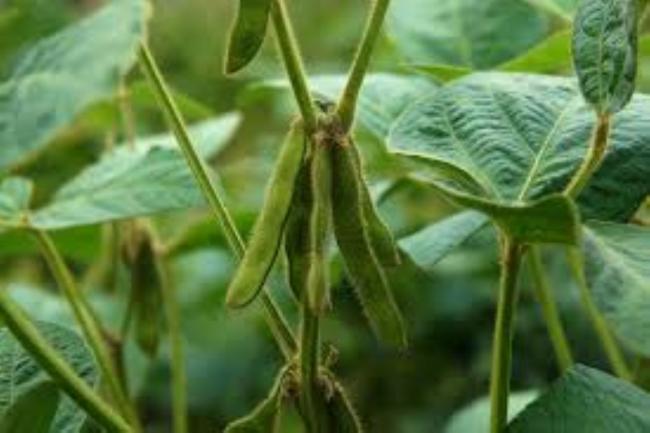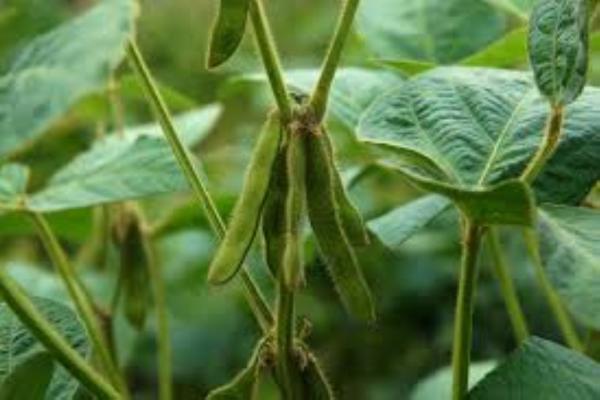Cooperation of Small Companies for Soy for Direct Use

The objective that we aim to achieve is to make possible the cultivation and fruition, biological or low input, of low anti-nutritional factor soya to promote the inclusion of innovation practices (seeds, feed and agricultural mechanization) at:
small zootechnical farms, which want to close the business cycle of the production of feed directly usable by the animals with this cultivation, thus reducing costs;
farms that want to diversify their agricultural production with the aim of direct sales and crop rotation.
The activities of the project will be: CULTIVATION in 4 soy farms with agro-ecological practices including ANIMAL TRACTION, MANAGEMENT OF DISEASED ADMINISTRATION population and testing and product, TRAINING and DISSEMINATION at farms. In the 36 months we expect: 1. a heterogeneous evolutionary population of soy (glycine max) with a low antinutritional factor adapted to the local context; introduction into the agronomic practices of the techniques, cooperative relations and produced plant material; 3. the positive feedback of the administration of the heterogeneous evolutionary population;
4. the disclosure of practices and plant material produced.
The livestock sector in Piedmont is mainly oriented for the use of imported common soy flour. With regarding to prevention and management of the risks of feeding it would be helpful to close the feed production within the farm cycle througt the use of protein crops (as the soybean) cultivated directly on the agricultural holding. Unfortunately the small holders farmers established in Piedmont which operating in organic or low input, are struggling to achieve the feeding process directly utilized for the animals needs (therefore characterized by low anti-nutritional factor) and into the own farm. This results from the lack of machinery, equipment and contracting machines devoted for small size farms, the lack of an adequate technical skills for the cropping and for the post harvest, finally the lack of soya varieties adapted for the local condition. As well known the ongoing impact climate change is having a direct and deep impact on the local agricultural systems, thus leading to a continuous change of the farming conditions that it will fluctuate radically over the years. In order to cope these relevant issues it would be important to have in Piedmont some varieties able to adapt them over time and to the different territory. The use of mixture varietes and populations of soybean represent an helpful solution into of an adaptive strategies facing the climate change .
Moreover, the lack of capacity for processing feed directly into the farm, it forces the farmers to provide the soy for livestock in to the common market, this significantly increase the costs of the final production. For these smallholders farmer the level of expenditure often unsustainable.
"The general objective of the project is the adoption in Piedmont, through the production, processing and use, of a soybean population characterized by the presence of low anti-nutritional factors in organic or low-input regime and in the livestock sector. The process aims to contribute to innovating seed management practices between farms, agronomic techniques and feed preparations of family and livestock farms through: 1) the creation a site-specific populations adapted to the business context multiplying the soy seeds of ERSA-FVG by successive cycles and a soybean population of French origin to achive its local adaptation trought evolution in the genetic composition of plants (Composite Cross Population / CCP);
2) the change of company organization by introducing specific cultivation techniques (which also include animal traction) capable of minimizing production costs and thus validating the agrotechnical guidelines (from sowing to post-harvest) also useful to other similar farmers;
3) the identification of a collaboration model between farmers that allows the maintenance of the genetic variability of the population over time and constitutes the prerequisites for the marketing of the material (also in light of the new EU organic regulation); 4) the identification of the best transformation system for direct use in the farm of proteoleginous derivatives of soy for zootechnical use also in consideration of the results of laboratory analyzes that will be carried out on the harvested grain."
| Titolo/Descrizione | Url | Tipologia |
|---|---|---|
|
pagina di progetto ospitata nel sito web del partner RETE SEMI RURALI
|
Link ad altri siti che ospitano informazioni del progetto
|
|
|
pagina di progetto ospitata nel sito web del partner SCUOLA AGRARIA SALESIANA
|
Link ad altri siti che ospitano informazioni del progetto
|
|
|
pagina di progetto ospitata nel sito web di A.S.C.I.
|
Link ad altri siti che ospitano informazioni del progetto
|

